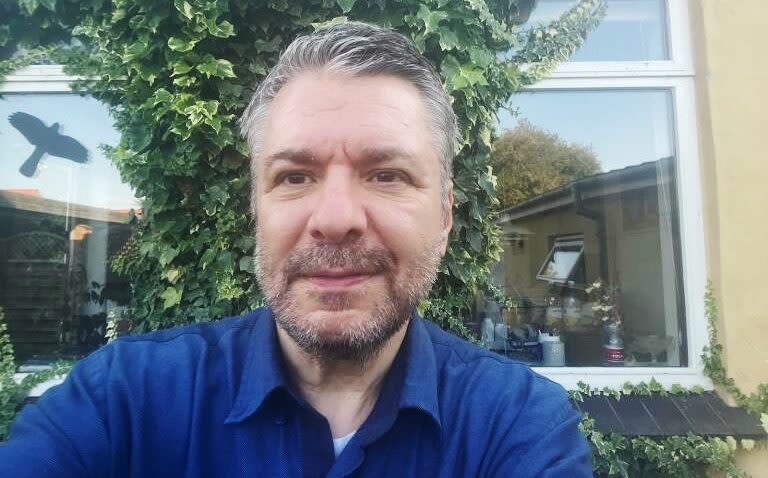When the British Museum revealed last August that hundreds of its precious artefacts had been wandered off, it came as a shock to most of us – but not to Dr Ittai Gradel. As he told The Telegraph that month, this expert on ancient gemstones found evidence of the thefts two years earlier. He repeatedly sounded the alarm to museum officials, only to be “misled” and treated like a “village idiot.” Undeterred, he continued digging.
Working from what he calls a “lair” on a remote Danish island, Gradel gathered evidence that pointed to the main suspect in the robbery – one of the museum’s curators, who has since been fired. When the King’s birthday honors are announced in June, I hope to see Gradel’s name on the list. Give the man an honorary knighthood for his services to Museums and Heritage – with, if possible, a small secondary citation for his services to broadcasting. Because Gradel is also extremely funny on the wireless network.
As the main interviewee in the gripping nine-part exposé Shadow World: Thief at the British Museum (BBC Sounds, plus Radio 4 all this week and ending next Thursday), he’s a lot more fun than you’d expect any well-educated Danish expert on Greco-Roman miniatures to be. A former university colleague calls him “a great character”, which sounds like a backhanded compliment.
He claims to have a photographic memory and at one point declares: “I’m the only normal person in the world – you’re all weird.” He was compared to Sherlock Holmes; the triumphant final episode proves that it also has a dash of Indiana Jones.
In it, he appears appearing at the museum, unannounced, with a bag full of recovered jewelry. “I didn’t tell the British Museum about this, because they would have to advise me, of course, to comply with all the rules and regulations – applying for a Danish export license, blah, blah, blah, all this bullshit form-filling.” Instead, he cheekily chose to “just place the objects in front of them and say, ‘here you go, you can have your jewelry back.’”

It’s the climax of a fascinating nine-part series, in which we hear how he not only uncovered the theft and named the prime suspect, but also tracked down and acquired stolen jewelry that was unwittingly purchased by collectors around the world. This was done “at great personal cost” while he was seriously ill following a terminal cancer diagnosis. (He is now in remission.)
At one point, the host, Katie Razzall, gently asks why he would spend his final weeks helping a museum recover its precious stones. He laughs at the question: “You can’t spend all day focusing on dying.” The fired curator, who denies any wrongdoing, declined to speak to the BBC.
For the sake of balance, we heard from an anonymous former colleague who said she thought he must have been framed – saying he certainly couldn’t be that stupid – as well as Curator of the British Museum and former Chancellor of the Exchequer George Osborne, who spoke out saying he was “100 per cent certain we’ve got our man”.
The real crime is the appalling way the museum handles this situation from start to finish; oblivious to years of disappearances, and then slow to act on reports, whether out of shame, incompetence or possibly even internal efforts to sabotage an investigation.
Some listeners may be shocked to learn how ignorant the British Museum was about what it had in its own cupboards. Malcolm Hay, an antiques dealer, painted a picture of an institution voraciously hoovering up things it couldn’t actually process responsibly, full of items that “they don’t display, they never catalogue, they never photograph, they probably don’t”. I want – why, why, just why?”
I began to wonder whether the British Museum deserved its jewels back after all. If you know someone who works at one of our major museums, you won’t be surprised to learn that cost-cutting has eroded their core responsibilities. In the recent brutal layoffs at the Science Museum Group, for example, those poor souls who worked in the archives and records department were wiped out en masse. Because why should a museum worry about keeping track of things?
Still, at least in the case of the British Museum there is a happy ending. Thanks to Gradel et al, 10 of the stolen gems appear in a free British Museum exhibition, running until June 6, where we can marvel at these age-old treasures – at least until the next time they are stuffed into a box, then forgotten. and then cut.


































